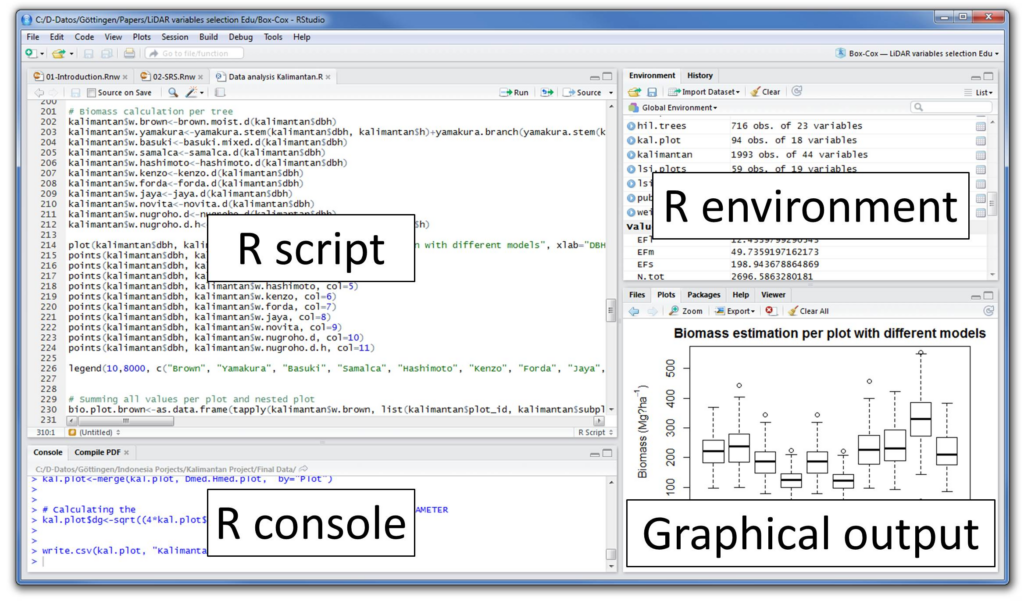When coding is brought up, computer and mathematic-based sciences are typically at the forefront of conversation. However, each subdivision of “hard”, “soft”, and “non”-sciences of study all utilize coding in some capacity. Whether coding is used to understand data sets, present data visually, or to create an experience/tool for a user, the code itself has equal importance. I believe that every humanities student should learn the basics of a coding software because it can create better overall understanding and expertise in their work.
As Kirschenbaum wrote, “humanities miss the extent to which programming is a creative and generative activity.” I fully agree with this premise, and take it even farther as believing that every division of study, other than computer science subfields, generally miss this. As someone studying to be a cognitive/behavioral researcher, I too mistook the overall importance of computer programming until recent years. Every single career needs a form of programming in order to showcase, improve, or work on what has been accomplished. Whether it be websites, figures, graphs, videos, interactive fields, audio, outreach, or additive tools, coding is essential to the process.

Over the past year, I have been slowly teaching myself the basics of “R”, a psychology geared coding software. This has helped me better understand more frequently used humanities coding, like HTML and CSS. The overall structure of how you code in HTML made perfect sense to me, however it took a lot longer to understand certain specifiers until I fooled around with them. I was also able to appreciate how different codes can later work together when an entire project is established. Even if a humanities student doesn’t end up working with code themselves, the knowledge will allow much easier communication with those who are. In turn, collaboration between departments can become even easier and accomplish grander tasks if everyone is on the same page. If a student has questions or concerns regarding learning code, I would strongly suggest looking into what code is typically used in the subfield of interest. Not only will this make learning more fun, it will most likely be easier to understand and its importance can be more easily found!
Work Cited: Kirschenbaum, M. G. (2010, May 26). Hello worlds (why humanities students should learn to program). Matthew G. Kirschenbaum. https://mkirschenbaum.wordpress.com/2010/05/23/hello-worlds/